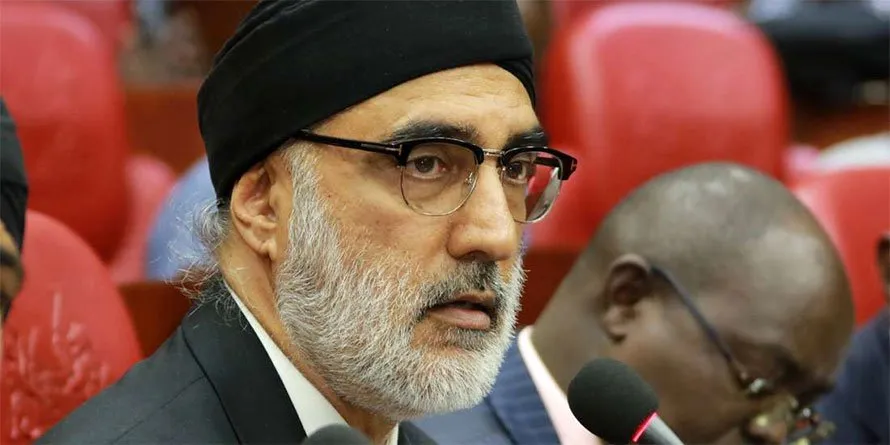Adani Energy Solutions Limited (AESL) has established a new Kenyan subsidiary to explore power transmission opportunities following a Ksh 95 billion agreement signed last month with the Kenya Electricity Transmission Company (Ketraco). The deal, involving major infrastructure for Kenya’s energy sector, has encountered legal challenges and public scrutiny.
In a recent disclosure to the National Stock Exchange of India, Adani Energy Solutions Global Limited—a Dubai-based, wholly-owned subsidiary of AESL—announced the formation of a new subsidiary, Progressive Grid Networks Limited, in Kenya. This new entity is intended to evaluate project viability for a 30-year initiative that includes constructing three transmission lines and two substations.
Initially, Ketraco had reservations about the deal due to concerns over AESL’s financial stability and legal advice from Kenya’s State Law Office. However, with the backing of President William Ruto and Energy Cabinet Secretary Opiyo Wandayi, the agreement was eventually greenlighted, with both leaders hailing it as transformative for Kenya’s energy infrastructure.
Interestingly, the newly formed Progressive Grid Networks Limited is capitalized at Ksh 100 million, divided into 100,000 ordinary shares valued at Ksh 1,000 each. Although fully owned by Adani, questions have arisen regarding the company’s capacity to handle such a large-scale project, and some speculate that local players might have a stake in the venture, a situation observed in previous Public-Private Partnership agreements in Kenya.
The project will focus on three major power lines: the 206-kilometre Gilgil-Thika-Malaa-Konza line, the 95-kilometre Rongai-Keringet-Chemosit route, and the 98-kilometre Menengai-Ol Kalou-Rumuruti corridor. While Adani’s company secretary, Jaladhi Shukla, confirmed 100% ownership by AESL, doubts linger about Progressive Grid Networks Limited’s ability to manage the massive project effectively.
The deal has faced a legal setback as the High Court recently issued a conservatory order suspending its implementation pending a suit filed by the Law Society of Kenya (LSK). High Court Judge Andrew Bahati Mwamuye directed that the agreement remain on hold until November 11, when a compliance hearing and further directions will take place.
In its petition, LSK argues that the agreement is unconstitutional, citing a lack of transparency and accountability in a matter of national significance. LSK contends that the contract “is a constitutional sham, tainted with secrecy and lacking in integrity, transparency, openness, and accountability,” and has called for the court to nullify it.
The suspension introduces uncertainty around a project initially lauded as a critical step toward modernizing Kenya’s power transmission infrastructure, highlighting ongoing tensions over transparency and foreign investment practices in public-private partnerships.





